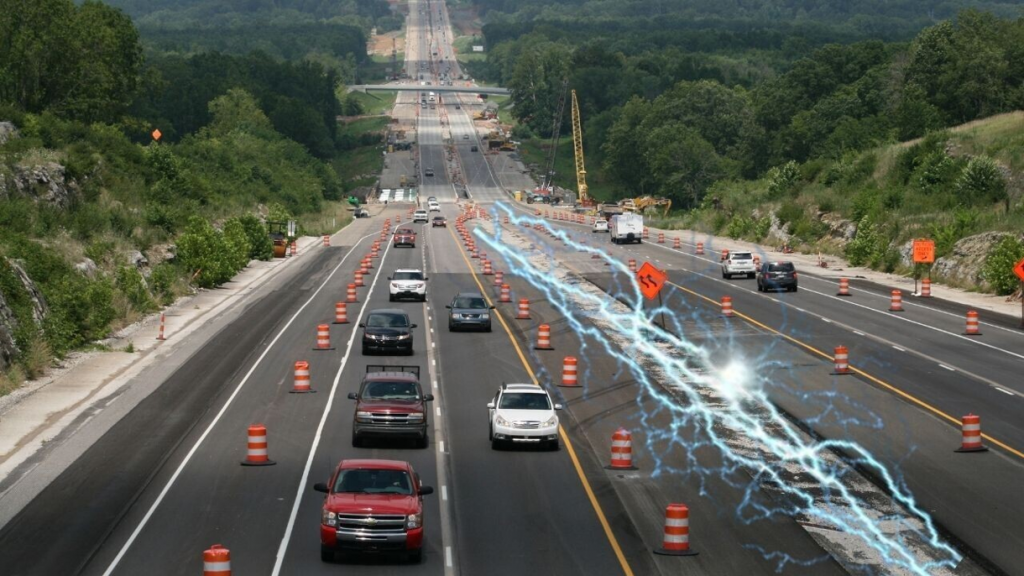As we move closer to an EV-dominated future, efforts to implement wireless on-road charging systems are ratcheting up.
The iconic Autobahn in Germany will now have its own wireless charging infrastructure. However, it will not be available to individual EV drivers. It will instead power a public bus that will transport passengers to the city of Balingen.
The technology will be provided by the Israeli wireless charging business Electreon, which will work with German EnBW — an EV charging infrastructure supplier, to bring the initiative to fruition.
Electreon will install 1km of the Electric Road System (ERS) along an Autobahn stretch to provide dynamic wireless charging while the bus is in motion. In addition, two static charging stations will support this at bus stops along the route.
The project is divided into two phases: the first is installing a 400-meter-long path with two static charging stations. Second, the electrified road will be extended by 600 meters.
Notably, this project follows the two companies’ successful pilot in the German city of Karlsruhe. At the EnBW training center, an electric road was established, which powered a local public bus during peak hours.
“We have already shown in our joint Karlsruhe project with EnBW how effective, safe, and easy to deploy wireless dynamic charging is. We hope this is the start of many more projects on public and private roads in Germany,” Dr. Andreas Wendt, CEO of Electreon Germany, said in the press release.
The Israeli company has also conducted wireless on-road charging projects in Italy and Sweden.
However, while Electreon and many US-based companies are exploring the technology, only a few European firms are involved in the field. These companies include the Italian Enermove, the German Magment, and the Swedish Elonroad.
Wireless on-the-go charging may be essential to minimize the inconvenience of longer charging times at stations and range concerns. The transition to electric vehicles will be made simpler as a result.
However, on the contrary, it requires significant infrastructure alteration and expenditure, and by the time it is put into place, traditional charging stations may have advanced technologically.
Maybe the European industry is holding off on spending all that money until it sees what happens.

